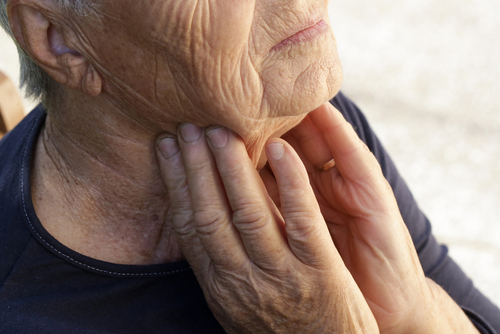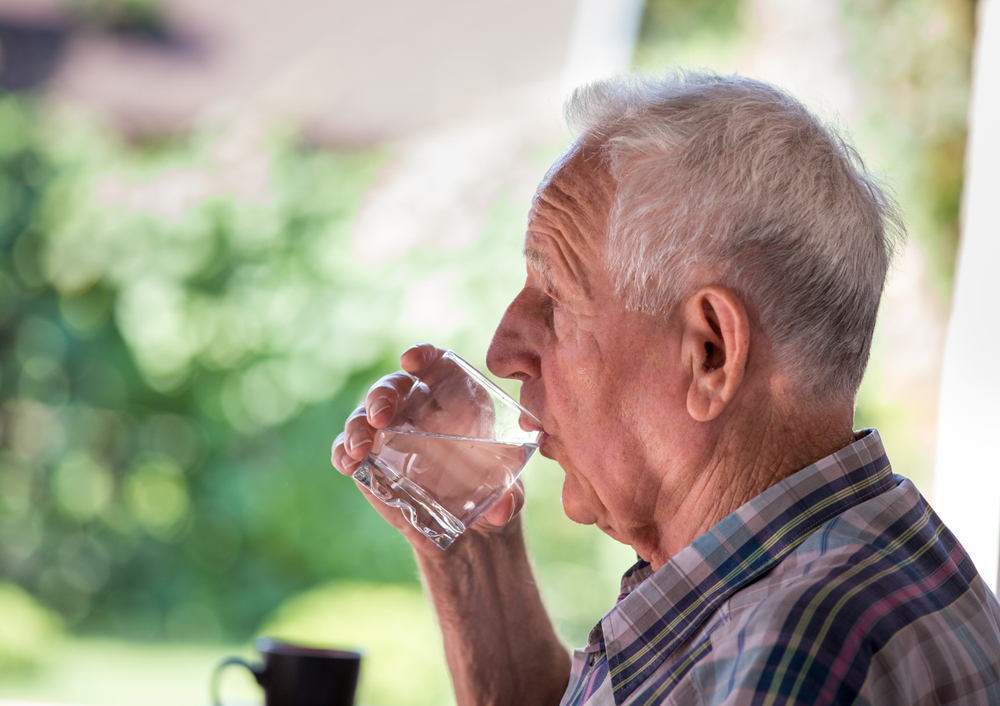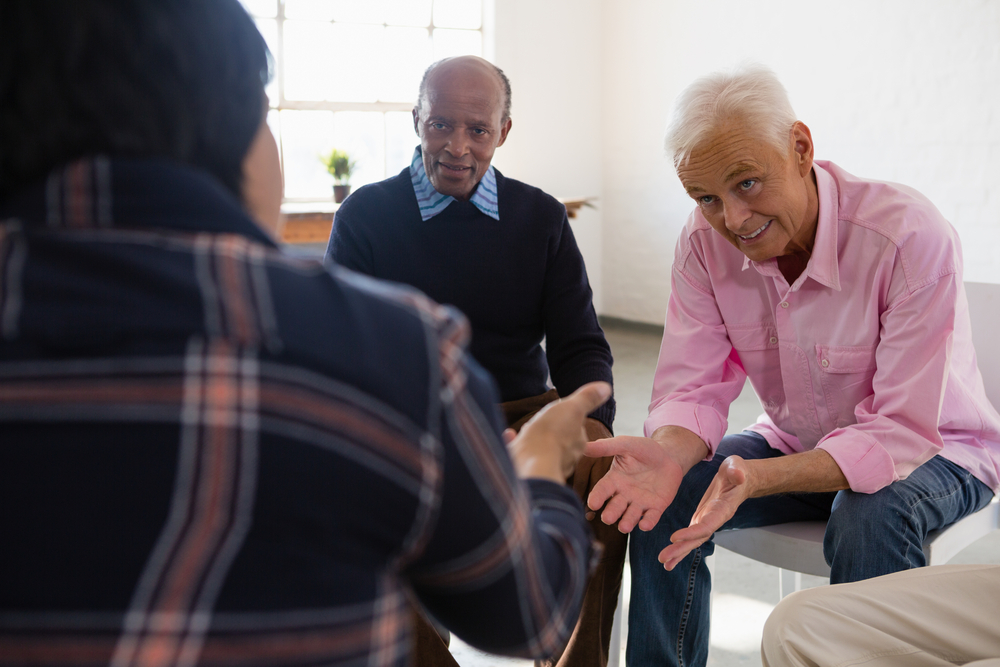Hypothyroidism and Other Thyroid Disorders in Elderly Adults
Category:

Many organs in the body see a decrease in function with age. The thyroid is no different. Hypothyroidism in seniors is caused by the thyroid producing fewer hormones, which results in a lower metabolic rate. Thyroid disorders in elderly patients are very common, and some research suggests one in four patients in nursing homes may have undiagnosed thyroid deficiencies.
The thyroid isn’t something we think about very often. Unlike organs like our lungs, heart, or skin, which are always functioning and we probably notice a lot, we don’t usually think about the thyroid gland until something goes wrong. The thyroid is a small gland in your neck. It makes two hormones that are secreted into your blood. These hormones are important to keep the body working normally. You can check out a helpful diagram and learn a bit more about how the thyroid functions normally here.
Symptoms of Thyroid Deficiency in the Elderly
The difficulty with hypothyroidism in elderly adults is that they typically present with fewer symptoms as they age. The symptoms they do show are often attributed to something else, if not just old age. Some symptoms of underactive thyroid in the elderly can include:
-
Sudden weight loss
-
Rapid or irregular heartbeat
-
Pounding of the heart
-
Increased appetite
-
Nervousness, anxiety, or irritability
-
Tremors in the hands or fingers
-
Sweating
-
Menstrual changes
-
Increased sensitivity to heat
-
Fatigue
-
Muscle weakness
-
Difficulty sleeping
You can see by this list of symptoms that it would be difficult to determine if these symptoms are linked to a thyroid issue or something else. Loss of thyroid function can even lead to memory loss or poor concentration that appears like mild dementia. Ultimately, hypothyroidism can be diagnosed with blood tests that measure hormone levels. Hormones are tricky – sometimes, especially if you are female, it seems like everything can be blamed on your hormones, and nothing can be blamed on your hormones. Keeping an eye on your thyroid levels can only benefit you.
Treatment of hypothyroidism in the Elderly
The treatment for hypothyroidism calls for daily intake of synthetic thyroid hormones. You should start to feel better soon after starting treatment, though it may take some time and extra bloodwork for your doctor to determine the proper dosage for your condition.
If you have any symptoms of hypothyroidism that can’t seem to be explained by anything else, don’t be afraid to ask your doctor to check your thyroid. It is an easy blood test that can be done along with your regular yearly blood tests – and your doctor may already do it anyway. Thyroid conditions affect women more often than men and can be hereditary.
Subscribe
Date: December 21, 2021
Category:


